If you’ve been asking yourself “When can you use peat free compost?”, the short answer is: almost all the time. Whether you’re sowing seeds, potting up plants, or enriching your garden beds, peat free compost can be your go-to growing medium. Better yet, it’s kinder to the planet, helping to protect peatlands and reduce carbon emissions.
At Wildmore Compost, we believe healthy plants and healthy soil should never come at the expense of the environment. Here’s everything you need to know about when and how to use peat free compost.
When to Use Peat Free Compost in the Garden
You can use peat free compost year-round in beds and borders. It works brilliantly as a soil improver when dug into heavy or sandy soils, and as a mulch to lock in moisture during hot summers.
Seasonal tip:
- Spring: enrich vegetable beds before sowing.
- Summer: mulch around perennials to reduce watering.
- Autumn: dig in compost to prepare soil for winter rest.
- Winter: add a layer on top of beds to protect soil health.
Can You Use Peat Free Compost for Seeds?
Yes, but choose the right blend. Many modern peat free composts are finely textured, making them ideal for seed sowing. Look for a peat free seed compost that drains well yet retains enough moisture to encourage germination.
Some composts you can sieve or add horticultural sand to make it more suitable for seeding.
Tip: Water gently and avoid over-watering seedlings in peat free mixes, as they can hold moisture differently from traditional peat.
Potting and Container Growing
Peat free compost is perfect for filling pots, planters, and hanging baskets. It gives roots the structure and nutrients they need to thrive. To get the best results, mix in slow-release fertiliser or feed regularly, since nutrients in compost naturally reduce over time.
Best for: houseplants, balcony pots, patio containers, herbs, and seasonal flowers.
Can You Use Peat Free Compost for Lawns?
Yes. Rake a fine layer across the grass in spring or autumn to improve soil structure and boost resilience. Just avoid smothering! A thin, even spread is enough.
Why Switch to Peat Free?
Peatlands are incredible carbon stores and unique wildlife habitats. Harvesting peat for gardening releases carbon dioxide and damages ecosystems that take centuries to form. By choosing peat free compost, you’re helping protect nature while still growing strong, healthy plants.
Final Thoughts: When Can You Use Peat Free Compost?
In almost every situation. From seed sowing to mulching, potting to lawn care, peat free compost is a versatile, sustainable choice for gardeners at every level.
At Wildmore Compost, we craft our premium peat free compost with care, balancing nutrients and texture to give your plants the best start. So the next time you’re wondering “When can you use peat free compost?” The answer is simple: right now.
Discover more about Wildmore’s peat free compost here.



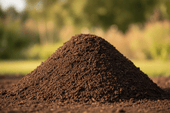


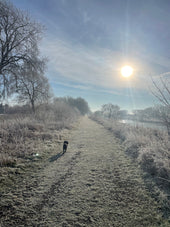
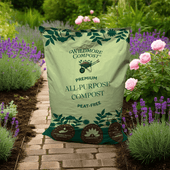
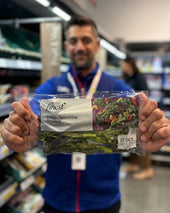
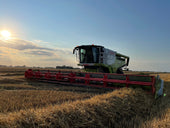







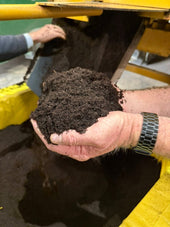



0 comments